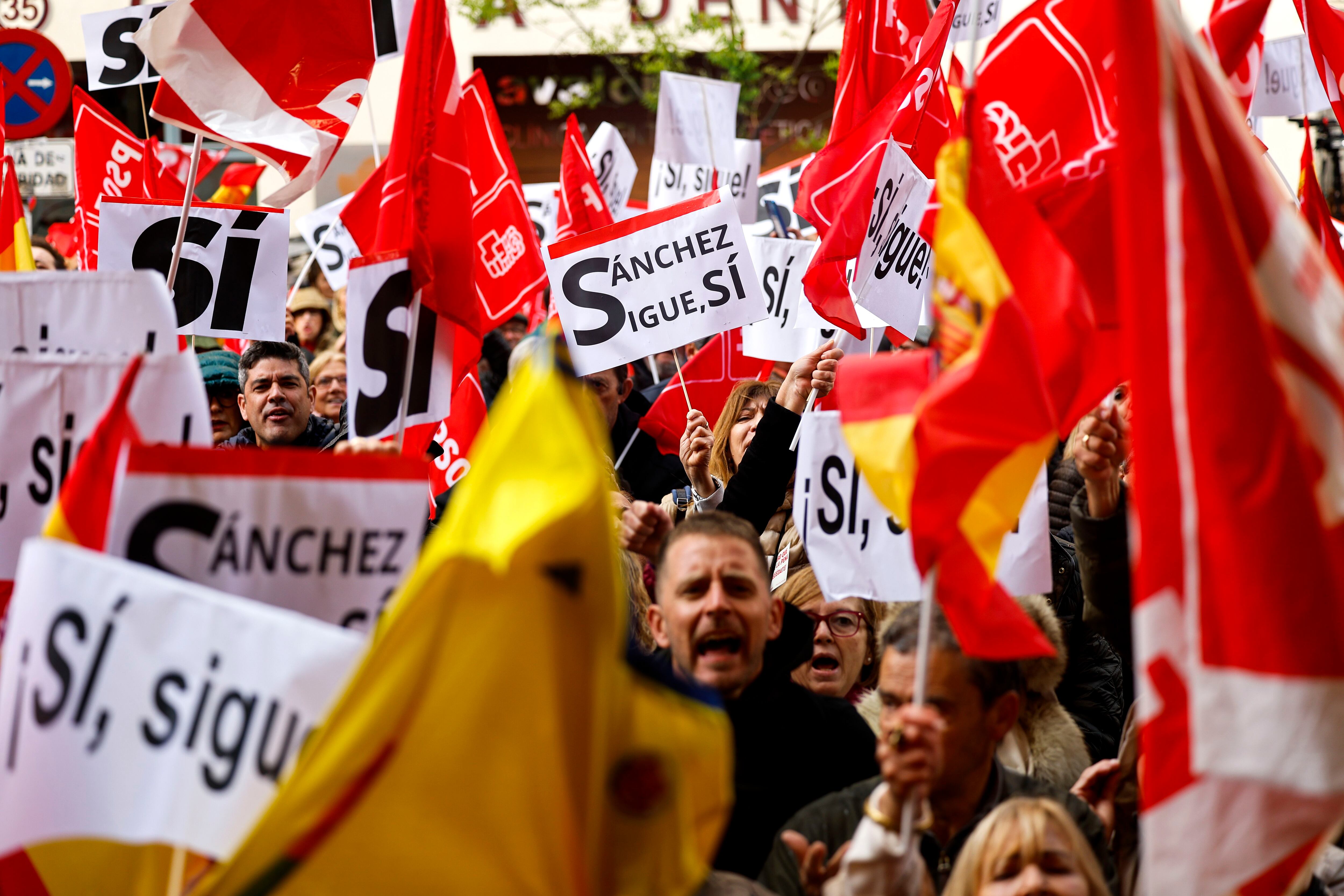In the last eight months more than 60 minors have been rescued from sex work in South L.A.’s Figueroa Corridor and now Assemblymember Mike Gipson, D-Carson, is furthering the fight against child prostitution through proposed legislation.
In a Thursday morning press conference, he presented state Assembly Bill 2419, which would lower the threshold of evidence needed to issue a search warrant in cases involving suspected child traffickers. While the bill was designed with the Figueroa Corridor in mind, it will help police departments across the state pursue cases against pimps and protect vulnerable minors.
“We know that sex trafficking exists and our children are being forced into prostitution. We also know that many of the criminals behind these acts come to South Los Angeles from other places,” said Gipson at a morning press conference Thursday, March 28. “That is why it is imperative that the state of California use tools to find them, to stop them in their tracks and protect our babies who are being exploited.”
The state Assembly’s Public Safety Committee will hold a hearing on the bill on April 2.
The legislation has the firm backing of Los Angeles City Attorney Hydee Feldstein Soto, who in 2023 launched a taskforce in collaboration with the Los Angeles Police Department to crack down on the exploitation of minors in South Los Angeles. She joined the assembly member at Thursday morning’s press conference.
Assemblymember Mike A. Gipson (D-Carson) unveiled his new bill, AB 2419, which expands the parameters for issuing search warrants in cases involving child prostitution to include evidence related to communications that facilitate the solicitation of minors. He was joined by Los Angeles City Attorney Hydee Feldstein Soto who has continuously led efforts to eradicate human trafficking on the Figueroa Corridor at the City Attorney’s Press Conference Room in City Hall East on Thursday, March 28, 2024. (Photo by Dean Musgrove, Los Angeles Daily News/SCNG)
“Eradicating the sex trafficking of minors — particularly along the Figueroa Corridor, one of California’s most notorious prostitution tracts and an epicenter for the sex trafficking of minors — has been a priority of mine since I assumed office,” she said. “Assembly Bill 2419 provides law enforcement with a tool to address the ongoing challenges that exist in trying to gather evidence and hold predators accountable when they solicit a minor for an act of prostitution.”
In essence, the bill makes it easy for police officers to seize the phones of individuals they suspect are connected to sex trafficking.
Currently, police officers are able to get a search warrant for communication devices when there is evidence of a person engaging in human trafficking, which is a felony. However, officers cannot get a warrant when someone is suspected of soliciting a minor for sex work because that is a misdemeanor.
Related Articles
Judge: Former Chapman Law dean John Eastman, ex-Trump lawyer, should be disbarred in California
Takeaways from Dave Min and Scott Baugh wins in CA-47 primary
Judge issues gag order in Trump’s hush-money trial
In LA speech, first lady Jill Biden highlights need to fund women’s health research
First Lady Jill Biden speaks on LBGTQ+ rights at Human Rights Campaign dinner in LA
The assembly bill would close the loophole by allowing solicitation to be used as grounds for a search warrant, which would speed up the rate at which officers can break into trafficking networks. The warrant can be used to both search the phone and subpoena the phone carrier for communication records.
“It’s a bold move, but a minor switch in the law,” said Gipson.
The six mile stretch of South Figueroa Street has been a hub for underage sex work for decades, Feldstein Soto said, although recent attention from the city has led to a recent decrease in crime.
“Homicides are down 62% year-over-year, property crime is down 10% and physical assaults on the streets are down 6.5%,” she said. “So we are making progress in the corridor.”
Over the last eight months, the city task force and its non-profit partners have helped 60 minors get out of the sex work business on Figueroa street and into safe housing, she added.
“I’m very grateful to our city attorney for working with us to try and solve this very broad issue and giving law enforcement to tools to try and combat this,” said Gipson. “No child should be a victim of human trafficking in this city or this country, and we are doing our part to try to make sure this doesn’t happen to anyone’s children in this state.”





